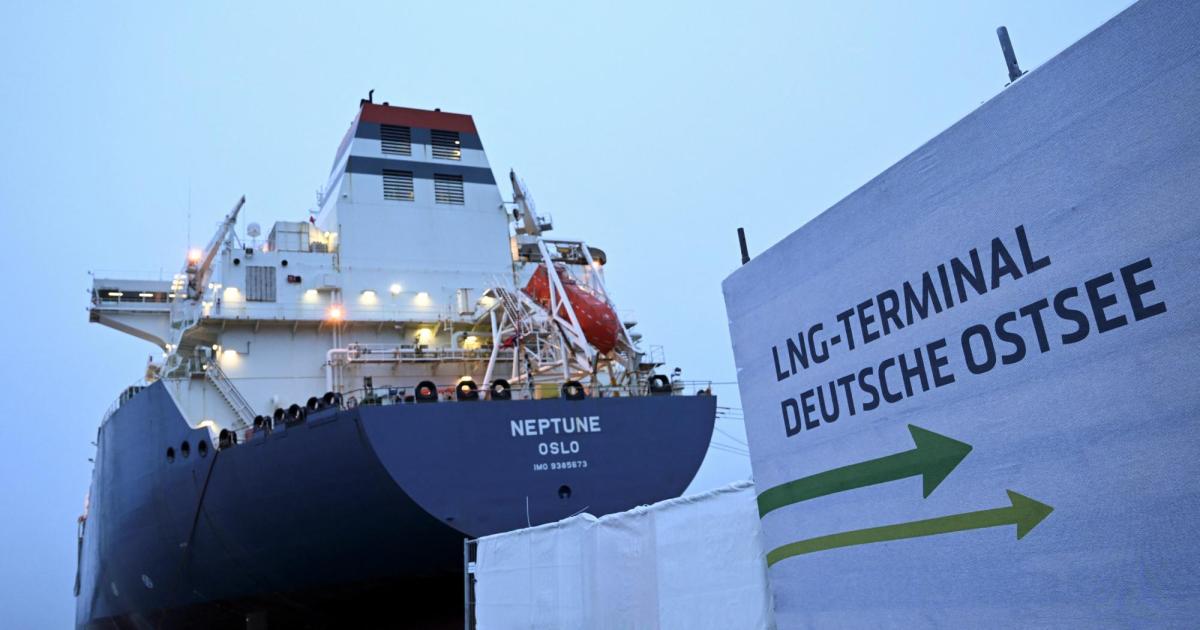In a new development, the European Union (EU) has imposed sanctions on Russian liquefied natural gas (LNG), marking the first time this resource has been targeted in such a way. Despite calls from the EU Parliament to halt imports of LNG from the company itself, this demand is not being implemented. The focus of discussions has been on stopping Russian LNG deliveries to third countries through EU ports.
Russia uses icebreaking tankers to transport LNG from the Siberian Yamal Peninsula to European ports, where regular tankers take over for further transport. This model allows for more cargo to be transported and better utilization of LNG terminals. However, the sanctions aim to disrupt this practice, affecting only about a fifth of Russian liquid gas imports to Europe.
In 2023, EU states spent over 8 billion euros on Russian LNG imports. This accounted for about 8.8% of European gas imports in the first quarter, with additional supplies coming through pipelines like Turkstream and Ukraine. Russia is the EU’s third-largest gas supplier after Norway and the USA.
The sanctions package includes restrictions on EU-based companies investing in Russian LNG projects as well as prohibitions on participation in expanding liquefaction plants traditionally exported through pipelines. This move aims to limit Russia’s influence in the energy market and promote greater diversification of sources for European gas needs.


